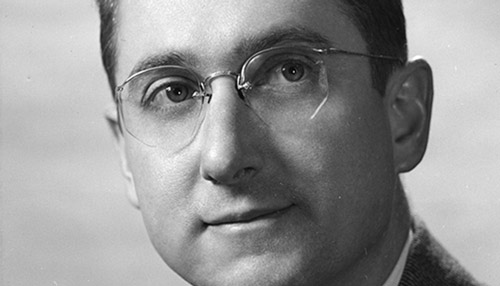After breaking barriers in her own career, author tells story of young ‘pioneer’
Bari Robinson

Bari Robinson, c’69, still remembers her high school teacher, Charles Drew, who encouraged her to write or attend law school. Now in her “third career,” Robinson thanks Drew and other mentors in the foreword of her first novel, An American Daughter of Brown. “In the past 20 years, I started to focus more on my passion,” Robinson says. “I just call it being a late bloomer.”
She first channeled her talents into teaching French and Spanish to students in high school and community college. Later she advocated for clients as a longtime attorney in the San Francisco Bay Area.
Though Robinson enjoyed legal writing and litigation, she also pursued notions of novels. After creating outlines and tossing them through the years, Robinson finished the first half of An American Daughter of Brown more than 15 years ago, then lost it in a computer glitch that ultimately proved a blessing. “I was a different person when I resumed it,” she recalls, “so I can see how the novel developed as I became a more experienced writer.”
Her book’s title harks back to the U.S. Supreme Court’s landmark 1954 decision in Brown v. Board of Education that declared school segregation unconstitutional. The novel follows Lauren Sullivan, a girl of Robinson’s era, from age 8 through her years at KU, a path that largely mirrors Robinson’s but diverges at key points.
Growing up in Kansas City, Missouri, young Lauren is among the first African American students to be moved from her segregated school to a predominantly white school. When Lauren’s confidence gives way to self-doubt in response to subtle cues from teachers and students who ignore or even ostracize her, she turns to her mother, Helen, who also is a teacher.
Helen explains to her daughter that, even though she is only 8, she is a pioneer, as are the other children and teachers who are adjusting to the experiment of integration. “I’m proud of you for trying hard to make the best of a difficult situation,” Helen says.
Robinson, who also grew up in Kansas City in a family of teachers, says Lauren’s story highlights a community whose everyday challenges are often overlooked. “My family was conservative and middle- class, a segment that the larger population misses when talking about the history of civil rights and Black families,” she says. “There is a strong tradition of middle-class families, and a lot of the ways they think were patterned after the larger society, even though the larger society did not treat us in the same way.”
When Robinson has read her novel for audiences in San Francisco and Oakland, her longtime home, other Black women have thanked her. “They’ve told me, ‘You wrote my story,’” she says. “Our shared experiences were so prevalent. I knew I was on the right track.”
Like Robinson, Lauren attends KU, where she thrives in the residence halls despite a disappointing first encounter with the parents of a white student who don’t want their daughter rooming with a Black student. As a junior, Lauren embarks on a study-abroad trip to France that transforms her, just as it did Robinson, who says she chose KU for exactly such an opportunity. “My mother said I needed to look for a smaller school,” she recalls, “but I told her, ‘The world is big, and I need some kind of testing ground.’”
As a student, Robinson became a resident assistant in Oliver Hall. On a dare from women on her floor, she tried out for the Spirit Squad. “They offered to buy my dinner every Sunday, when the hall cafeteria didn’t serve, so I agreed,” she says. She doubted that her years of ballet would translate to cheerleading, but she made the team as the first Black member of KU’s Spirit Squad.
When the 1968-’69 KU Jayhawks advanced to the Orange Bowl, Robinson’s role became a national story, prompting death threats from members of the National States Rights Party. She still gratefully recalls the affirming support she received from Emily Taylor, dean of women, and Kala Mays Stroup, c’59, g’64, PhD’74, assistant dean.
More than fear from the threats, Robinson remembers her own internal drive for perfection that typifies what she calls “Black middle-class syndrome.”
“You’ve got to excel so the people coming behind you won’t have such a hard time,” she says. “That’s a lot, but that’s what a lot of young people who aren’t in the majority go through.”
Her studies in France “smoothed things out for me and fulfilled a lifelong dream,” she says. She has returned to France nine times through the years.
After earning her master’s in French at the State University of New York-Binghamton and teaching in the region, Robinson moved to California, where she taught in community college. When the college president asked her to teach English and writing courses to inmates at Soledad Prison, she accepted the challenge, and as she got to know her students, she found herself yearning to attend law school. She recalls telling the college president of her ambition: “He took a deep breath and said, ‘You’d be damn good.’”
She earned her law degree from the University of California at Berkeley, clerked for Judge Harry Edwards of the U.S. Court of Appeals for the District of Columbia Circuit, and later returned to the Bay Area, practicing first with large firms and later on her own until she retired in 2021.
Now, as she contemplates adding to Lauren’s story in another novel, Robinson relishes her third career. “It keeps me relevant,” she says. “It’s new and exciting.”
RELATED ARTICLES
/








